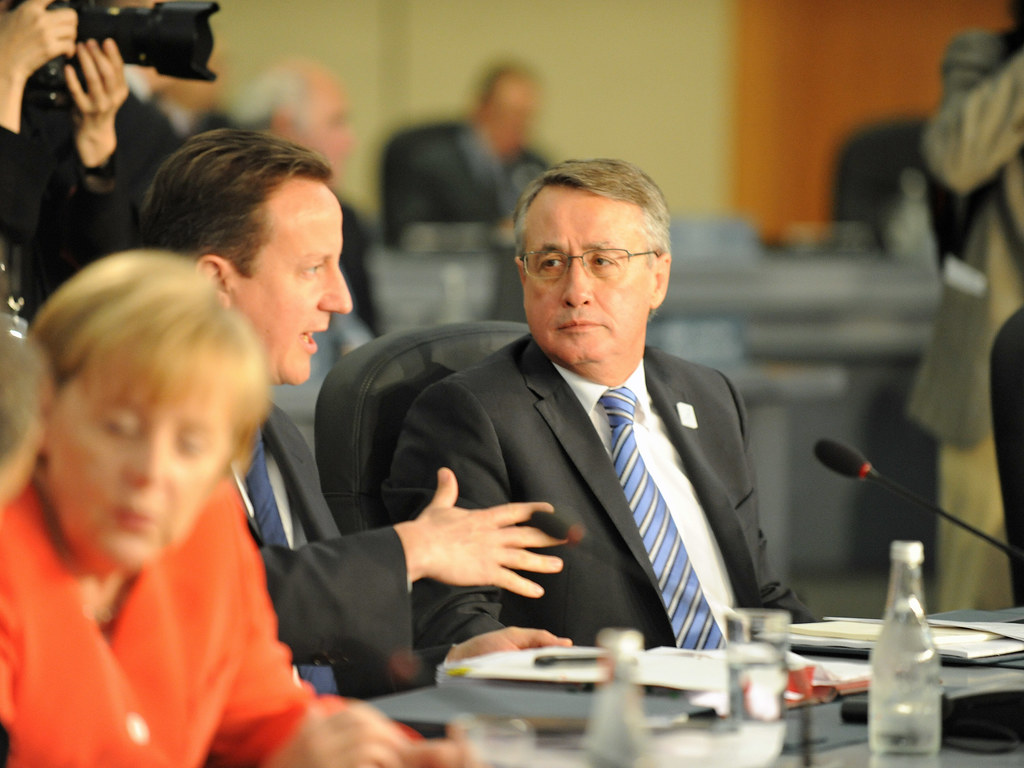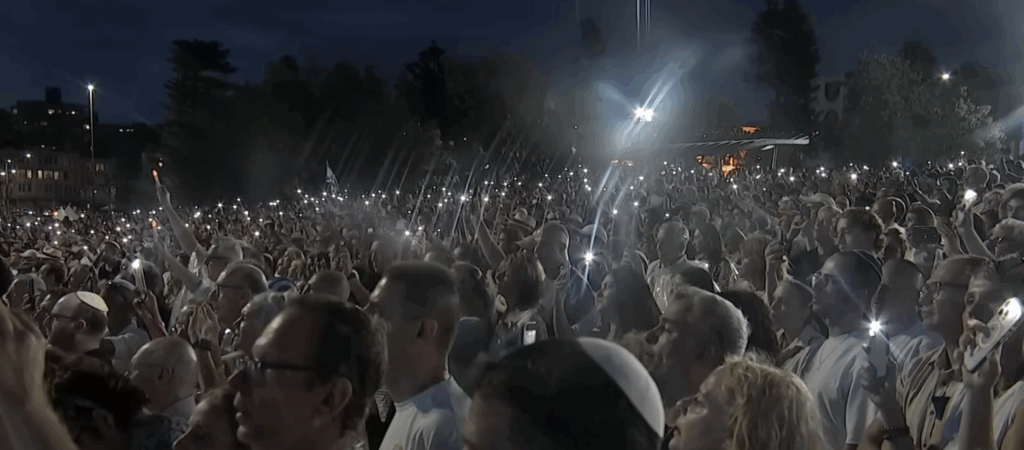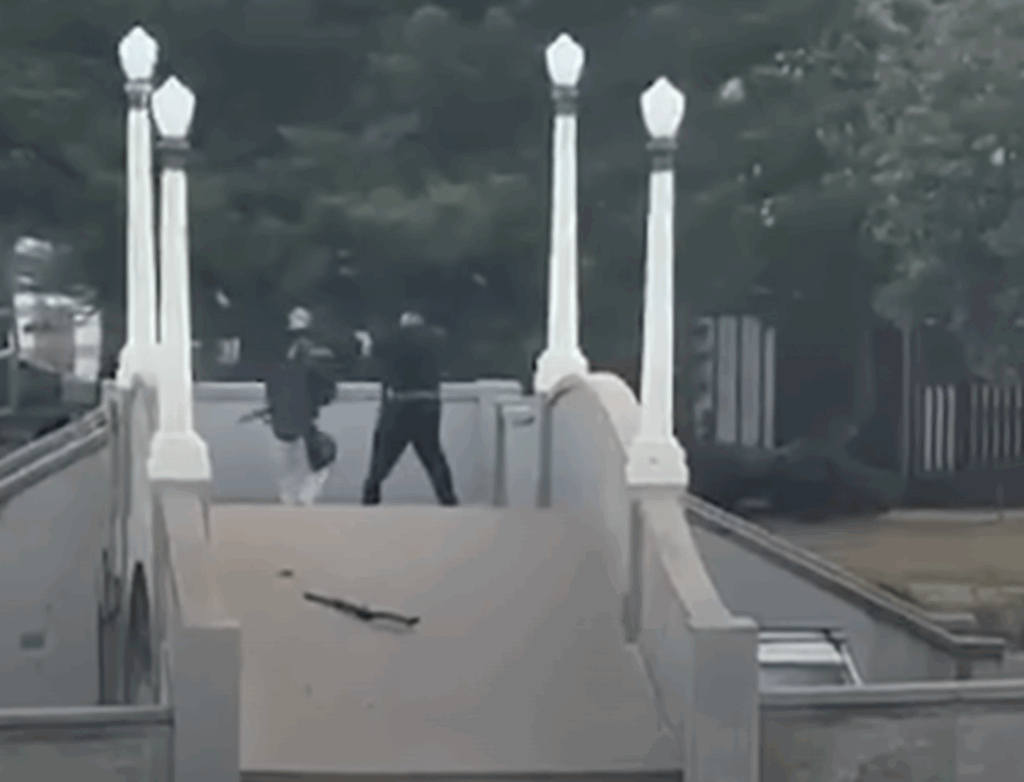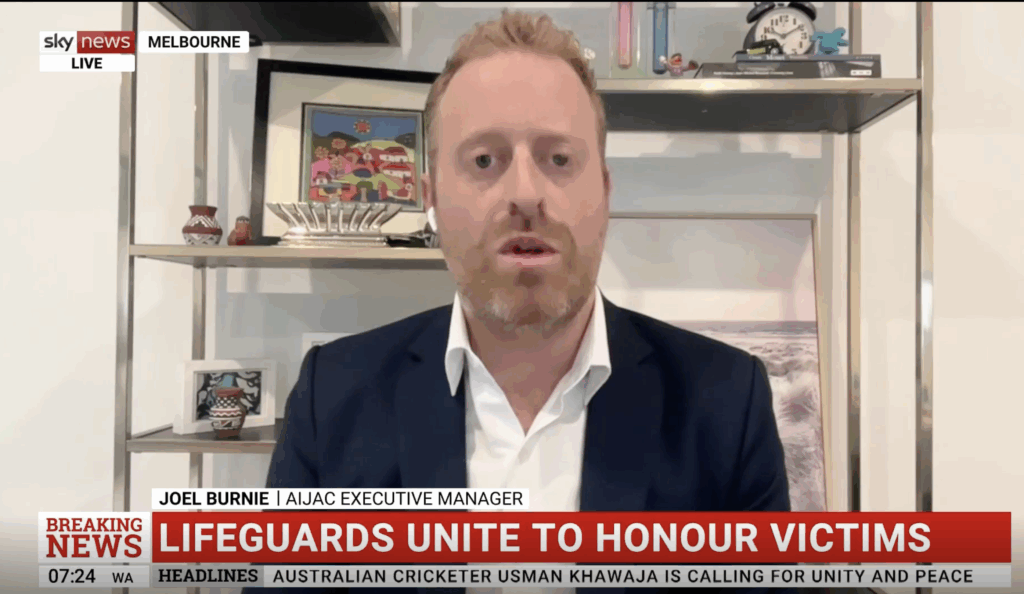IN THE MEDIA
A demilitarised Gaza would improve prospects for an Palestinian state alongside a secure Israel
August 8, 2014 | Colin Rubenstein
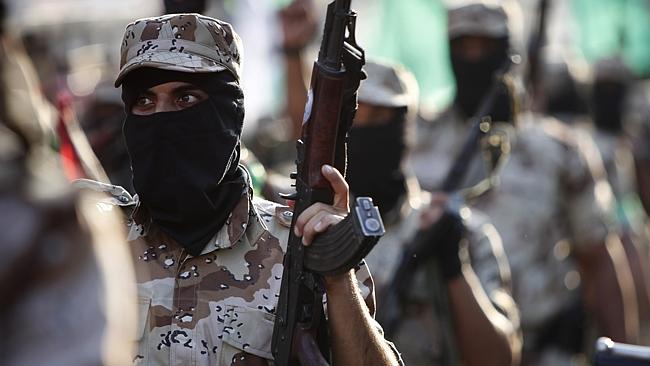
Colin Rubenstein
An edited version of this article appeared in
The Advertiser – August 07, 2014
As an uncertain ceasefire holds between Israel and Hamas for now, attention has turned to how a long-term settlement can be achieved. Currently Israeli and Palestinian delegations (comprising Hamas and Islamic Jihad) are in Cairo to work out a deal mediated by Egypt. Israel believes that the answer lies in the demilitarisation of the Gaza Strip tied to significant investment in reconstruction – and this view has been backed by statements made by the US, EU, Canada, a number of Arab states and the Palestinian Authority (PA).
If Gaza is not demilitarised, a rearmed Hamas will likely provoke yet another major conflict with Israel, as it did in 2012, 2009 and again this year. An increasingly isolated Hamas pursues conflict with Israel to draw international attention to its demands as it struggles financially, and for relevance – especially after Egypt destroyed many of its smuggling tunnels that were one of the main sources of revenue for Hamas.
Hamas’ primary demand of Israel has been to lift the security blockade that exists to prevent weapons into the Strip. Yet this has been found to be legal under international law by the UN’s Palmer Inquiry. Israel withdrew from the Gaza Strip in 2005, removing 8,000 people and 20 settlements, and only imposed a security blockade two years later after an escalation in rocket attacks. It only affects military materials – unlimited quantities of food, medicine and other consumer goods are admitted.
In this current conflict initiated by Hamas and other jihadist groups despite Israel’s pleas for de-escalation, they have fired over 3,000 rockets at Israel and were found to have constructed a labyrinth of underground terror tunnels, some of which extend into Israel and have entrances in civilian buildings, in order to kill and kidnap Israelis. Israel says it has now largely demolished the tunnels that reach into its territory, but there is no doubt that Hamas will seek to rebuild them.
A demilitarised Gaza Strip is also in the interests of Gazans and the broader Palestinian people who have for too long been held hostage by a criminal group, proscribed as a terrorist organisation by Australia, US, EU, Canada among others. Hamas is a Sunni Islamist organisation, linked to the Muslim Brotherhood, committed to Israel’s destruction and the genocide of Jews, according to its charter.
While Hamas candidates won the majority of seats in legislative elections in 2006, in 2007 it seized extended power from rival Palestinians in the Gaza Strip through a violent coup. There have not been elections since, and according to a recent Pew poll, Hamas is widely disliked by Gazans.
After recent weeks, Gazans must surely be angry with Hamas for provoking an unnecessary conflict, repeatedly refusing ceasefires which Israel accepted, for militarising and firing from civilian areas including hospitals and mosques, and calling for civilians to act as human shields, treating them as cannon fodder and deliberately placing them in harm’s way. In addition, nearly 300 Palestinian rockets fired at Israel fell inside Gaza, inflicting casualties at a hospital and UN refugee camp amongst other severe damage.
Israel’s military operation targeted Hamas and other jihadist groups, not the Palestinian people, and went to great lengths to avoid civilian casualties by sending warnings to Palestinians to vacate areas-which Hamas instructed them to ignore-but tragically civilians were killed in the crossfire. Currently it is unclear how many casualties were civilians, as terrorist groups do not wear uniforms (Israel says nearly 50% were combatants), and the widely quoted figures reported come from Gaza’s Health Ministry which is controlled by Hamas. While the civilian losses are absolutely tragic , overwhelming political and moral responsibility for this suffering rests with Hamas.
Demilitarising the Gaza Strip may not be easy but it is possible and necessary to avoid yet further recurrence of this suffering. Hamas will certainly refuse to disarm. However, in light of the new strategic alliances in the region it may be possible to demilitarise the Gaza Strip through diplomatic channels, as regional players Egypt, Jordan, Saudi Arabia and the United Arab Emirates are all highly critical of Hamas’ reckless extremism and concerned by the regional resurgence of violent Islamist groups, especially in the wake of the rise of the Islamic State of Iraq and Syria’s (ISIS).
Egypt in particular has leverage since it can offer to reopen the Rafah border, but only if goods crossing are closely supervised. It has also been proposed that the PA will control the Rafah crossing on the Gaza side. The PA called for the disarming of Hamas in its April unity deal, and reviving this proposal would enable the PA to return to the Strip, and improve its overall standing.
Most importantly, if Gaza were to be demilitarised it would improve prospects for advancing a two-state template – the establishment of an independent Palestinian state along side a secure Israel. Hamas’ control of the Strip has been perhaps the biggest barrier to such a two-state agreement. For years, Israel has been negotiating a two-state outcome with PA President Abbas, while knowing that he had no authority over Hamas or other jihadist factions in the Gaza Strip which completely reject coexistence with Israel. A demilitarised Gaza Strip would therefore be in the interests of Israel, the Palestinians and the international community, and the best chance of reviving negotiations for a viable two-state outcome, ultimately the key to resolving this conflict.
Dr Colin Rubenstein is Executive Director of the Australia/Israel & Jewish Affairs Council.
Tags: Israel

